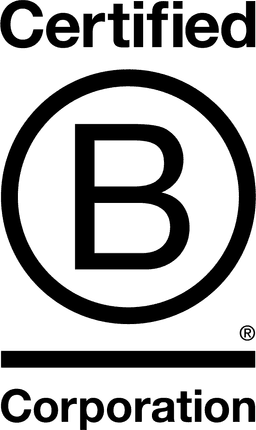

Jeuneora

1.6
Canterbury Region, New Zealand
August 2022
General retail via Internet
Wholesale/Retail
New Zealand
Jeuneora uses the power of nature with a helping hand from science to make natural supplements and cruelty-free skincare that really works - for you and the planet. Jeuneora was founded in 2016 in New Zealand by Monique Kaminski with a single marine collagen product - now known as Renew+. With a passion for all things skincare, and a background in packaging and design, Mon saw a need for products that could not only be a healthy support to a busy lifestyle, but be the go-to foundation for beauty too. Now in 2022 Jeuneora's products are sent to tens of thousands of glowing customers all over the world. They've continued to innovate and launch helpful, easy-to-use Marine Collagen & Plant-based beauty & wellness supplements along with Jeuneora Skincare - a fun, seriously effective range of skincare that will brighten any bathroom shelf. Sustainability is at the core of the business whether it be their climate-positive sugarcane plastic supplement containers, their free to use TerraCycle recycling programme, using recycled plastic in skincare packaging, or donating $1 to charity with every order made - Jeuneora is on an ever-evolving journey to be the best they can be.
Overall B Impact Score
Governance 17.2
Governance evaluates a company's overall mission, engagement around its social/environmental impact, ethics, and transparency. This section also evaluates the ability of a company to protect their mission and formally consider stakeholders in decision making through their corporate structure (e.g. benefit corporation) or corporate governing documents.
What is this? A company with an Impact Business Model is intentionally designed to create a specific positive outcome for one of its stakeholders - such as workers, community, environment, or customers.
Workers 29.5
Workers evaluates a company’s contributions to its employees’ financial security, health & safety, wellness, career development, and engagement & satisfaction. In addition, this section recognizes business models designed to benefit workers, such as companies that are at least 40% owned by non-executive employees and those that have workforce development programs to support individuals with barriers to employment.
Community 23.8
Community evaluates a company’s engagement with and impact on the communities in which it operates, hires from, and sources from. Topics include diversity, equity & inclusion, economic impact, civic engagement, charitable giving, and supply chain management. In addition, this section recognizes business models that are designed to address specific community-oriented problems, such as poverty alleviation through fair trade sourcing or distribution via microenterprises, producer cooperative models, locally focused economic development, and formal charitable giving commitments.
What is this? A company with an Impact Business Model is intentionally designed to create a specific positive outcome for one of its stakeholders - such as workers, community, environment, or customers.
Environment 25.1
Environment evaluates a company’s overall environmental management practices as well as its impact on the air, climate, water, land, and biodiversity. This includes the direct impact of a company’s operations and, when applicable its supply chain and distribution channels. This section also recognizes companies with environmentally innovative production processes and those that sell products or services that have a positive environmental impact. Some examples might include products and services that create renewable energy, reduce consumption or waste, conserve land or wildlife, provide less toxic alternatives to the market, or educate people about environmental problems.
What is this? A company with an Impact Business Model is intentionally designed to create a specific positive outcome for one of its stakeholders - such as workers, community, environment, or customers.
Customers 4.4
Customers evaluates a company’s stewardship of its customers through the quality of its products and services, ethical marketing, data privacy and security, and feedback channels. In addition, this section recognizes products or services that are designed to address a particular social problem for or through its customers, such as health or educational products, arts & media products, serving underserved customers/clients, and services that improve the social impact of other businesses or organizations.